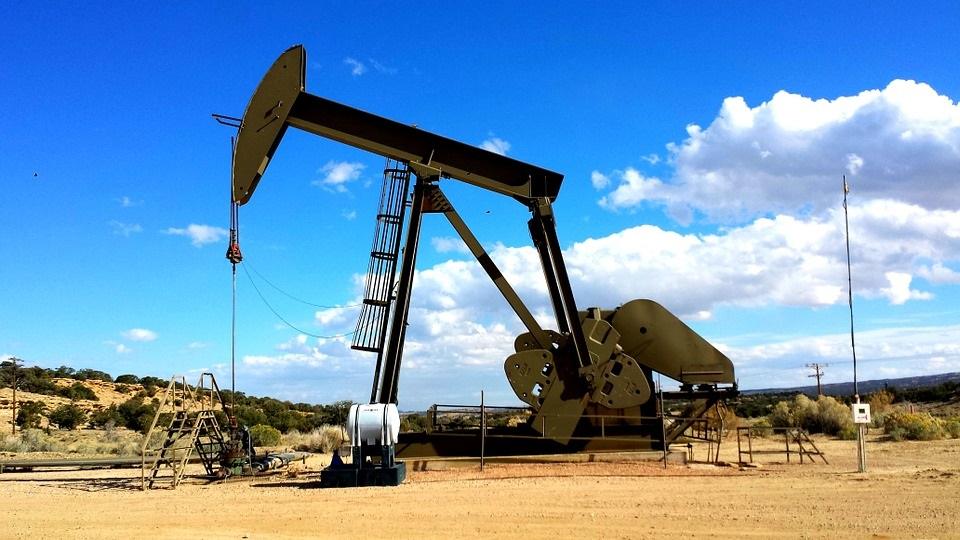American Petroleum Institute Launches Climate Reporting Template for Oil and Gas Industry
The U.S.’s preeminent energy-focused trade and lobbying group, the American Petroleum Institute (API), announced today the launch of “Template 1.0 for GHG Reporting,” a new framework for climate reporting for companies in the natural gas and oil industry.
Developed in consultation with API members, the financial sector, policymakers, industry customers and other interested parties, the new template aims to provide companies with a consistent and uniform set of core greenhouse gas (GHG) indicators to enable greater comparability in climate-related reporting. Key features include standardized names for indicators, units of measure and the detailed definitions for reporting boundaries, indicators on a company’s efforts to mitigate GHG emissions, a place to indicate company GHG targets, indicators on the capture of CO2 for utilization or storage, the purchase of credits for renewable energy, and total offsets retired.
The release of the new template follows the API’s launch earlier this year of a new policy framework, aimed at confronting the challenges of climate change while addressing growing global energy needs. The new policy marked a significant change for the API, as the group faces from investors, industry participants, government, regulators and other stakeholders over the climate impact of the energy industry. One of the key components of the policy was a focus on climate reporting.
The API stated that it expects to update the reporting template periodically to achieve continuous improvement, and anticipates companies will begin using the template in 2022 to report on 2021 data.
API President and CEO Mike Sommers said:
“As an industry of engineers and problem solvers, we measure and track progress in everything we do and aim to share relevant data transparently. Working with our members, the financial community and throughout the supply chain, this reporting template builds on our robust sustainability efforts and elevates the consistency and comparability needed for tracking climate-related progress from company to company.”





